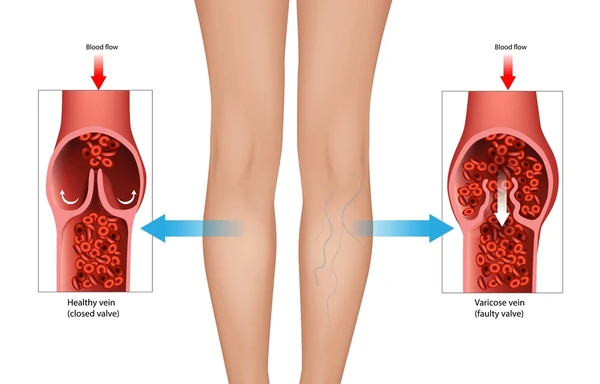

- Advertisement -
We all experience the immediate downsides of a poor night’s sleep – the brain fog, irritability, and sheer exhaustion. But what if those restless nights were doing more than just making you tired? Emerging research is uncovering a critical and concerning link between the quality and quantity of our sleep and our long-term risk of developing dementia. Understanding this connection is crucial for brain health and cognitive function.
For years, scientists have observed that individuals with dementia often suffer from significant sleep disturbances. The “chicken or the egg” question has long lingered: Does poor sleep cause dementia, or is it an early symptom of the disease? Increasingly, evidence points to a two-way street, where inadequate sleep potentially contributes to the neuropathology that leads to dementia, and dementia, in turn, disrupts normal sleep cycles. This makes sleep optimization a vital component of dementia prevention strategies.
One of the most compelling theories linking sleep and dementia risk revolves around the brain’s “glymphatic system.” Imagine this as your brain’s unique waste disposal network. During deep sleep, this system becomes highly active, effectively flushing out harmful metabolic byproducts that accumulate throughout our waking hours. Crucially, among these waste products are amyloid-beta and tau proteins. These proteins, when they build up and clump together, are the tell-tale hallmarks of Alzheimer’s disease, the most prevalent form of dementia.
When you consistently don’t achieve sufficient quality sleep, this vital clean-up process is hampered. This allows amyloid and tau proteins to accumulate, potentially accelerating the development of the destructive plaques and tangles associated with Alzheimer’s. This highlights the importance of restorative sleep for cognitive health.
Beyond the glymphatic system, sleep also plays a pivotal role in memory consolidation and overall brain health. Studies indicate that a lack of adequate REM sleep (the dreaming stage) can be associated with higher levels of these harmful proteins and an increased dementia risk. Furthermore, chronic sleep deprivation can contribute to other health conditions like cardiovascular disease and diabetes, both of which are independent risk factors for vascular dementia.
It’s not merely about getting some sleep; it’s about achieving consistent, good quality sleep. Sleep disorders like sleep apnea, which causes repeated interruptions in breathing and oxygen deprivation, are also strongly linked to a significantly increased risk of dementia. Prioritising sleep hygiene and addressing sleep issues are fundamental steps in brain care.
While significant sleep problems can be complex and sometimes require medical intervention, incorporating certain natural supplements can often provide valuable support in promoting a more restful night’s sleep. Always consult with a healthcare professional or your GP before starting any new supplement, especially if you have underlying health conditions or are taking other medications.
Here are three highly regarded supplements for sleep, including a fantastic herbal tea option, with specific products commonly available on Amazon AU:
While not a traditional “supplement” in pill form, certain herbal teas offer powerful sleep-promoting properties due to their natural compounds.
Prioritising consistent, quality sleep isn’t just about feeling refreshed the next day; it’s a vital investment in your long-term cognitive well-being. So, dim the lights, put away the screens, and embrace the power of a good night’s rest – your brain will thank you for it. Prioritizing consistent, high-quality sleep is crucial for maintaining cognitive health, particularly in relation to preventing and managing dementia. By creating a conducive sleep environment and adhering to a regular sleep schedule, individuals can significantly support their long-term brain function. Therefore, it is essential to dim the lights, limit screen time, and appreciate the benefits of a restful night’s sleep as a proactive measure against cognitive decline.